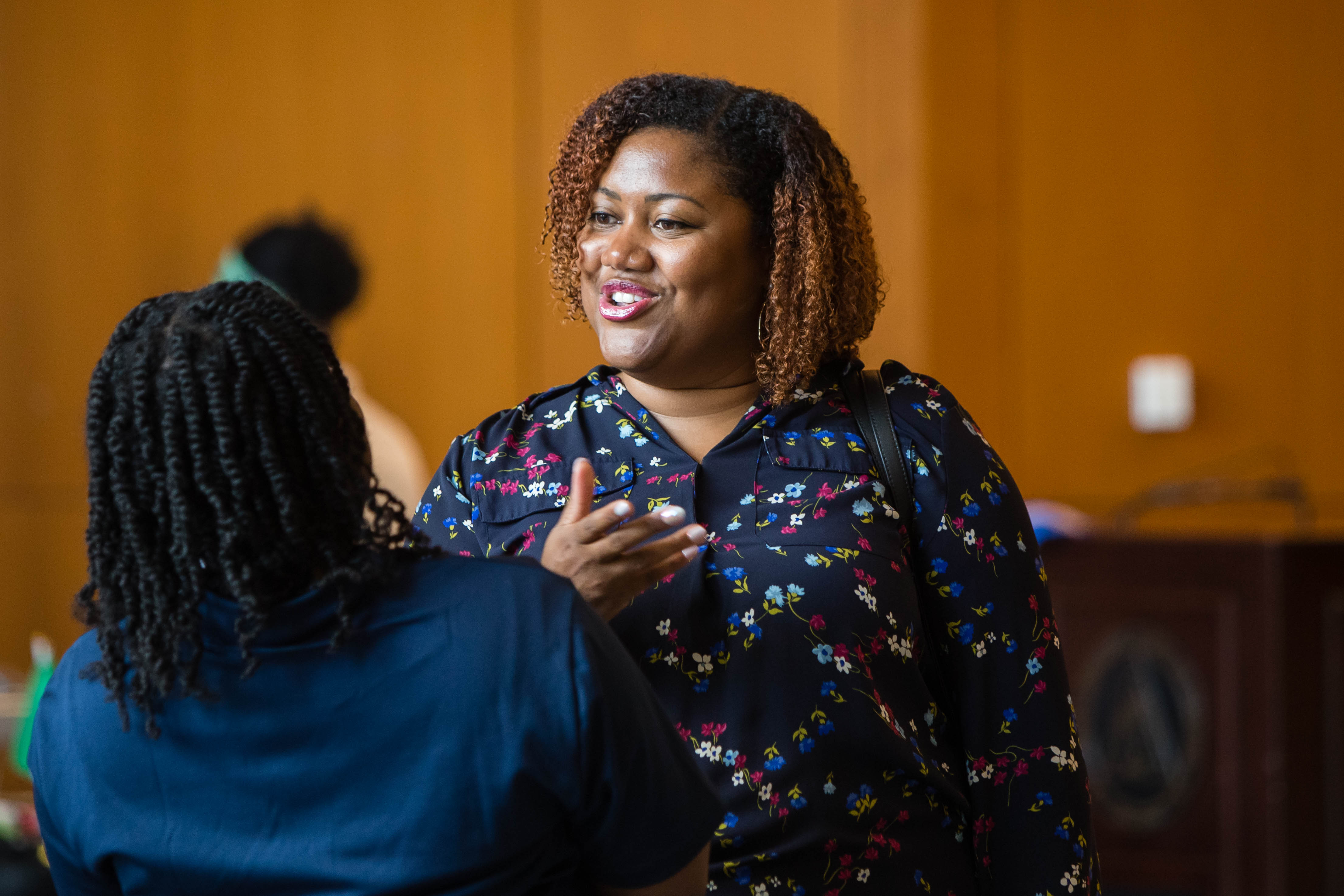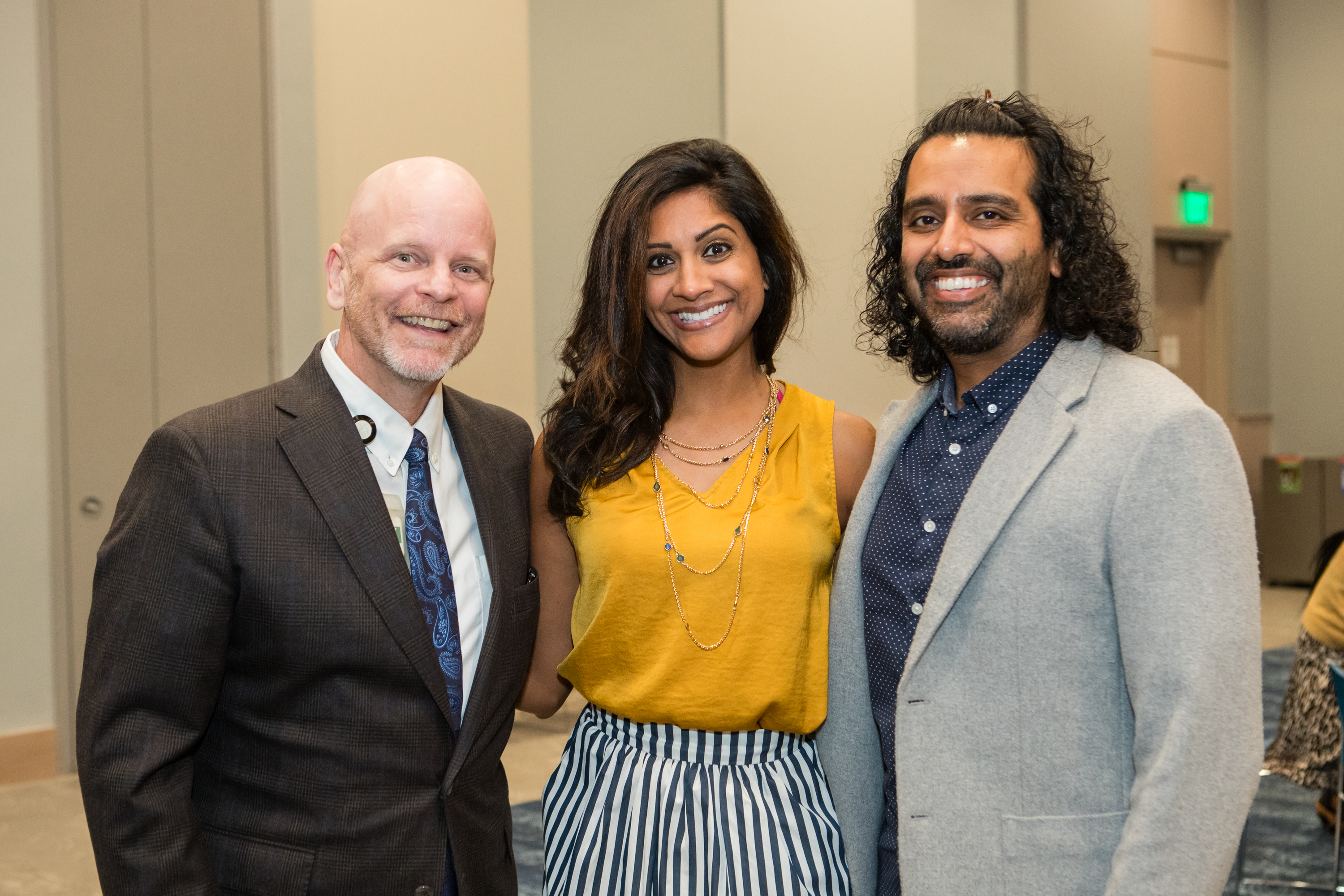Featured Program
Junior Faculty Development Course
This 11-session course for new faculty presents information necessary for success in an academic medical center using a variety of formats including didactic presentations, panel discussions, group and individual exercises, and case-based problem-solving.
Teaching
Learning to Be Better Teachers
This long-running annual conference includes didactic sessions, keynote speakers, and multiple workshops focused on all aspects of teaching.
Faculty Development for Clinical Educators
The Stanford Faculty Development Clinical Teaching program is a validated, internationally recognized method of training for medical teachers to enhance their skills to be more effective in any medical educational setting. The goals of each session are to enhance teacher versatility, provide educators with an opportunity to analyze teaching and to foster collegial exchange.
Clinical Care and Service
Point-of-Care Ultrasound (POCUS) Course
Point-of-care ultrasound (POCUS) is an emerging patient assessment tool that can be utilized for diagnostic and procedural purposes. Clinicians in a wide variety of specialties can utilize POCUS to improve bedside diagnostic assessments as well as improved safety and efficacy for procedural guidance.
Health Advocacy Course
This five-month multi-pronged educational intervention brings faculty, learners and community members from several institutions together to advocate around common health-related priorities.
Research
Researcher Survival Skills Workshops
This workshop series is designed to provide researchers with the skills they need to succeed in academic medicine. Not only do we discuss traditional skills such as manuscript and grant writing, but we also address lab/research team management, people skills, navigating research administration, and other topics not covered in professional school.
Clinical Research Bootcamp
Navigating clinical research at any career level can be overwhelming. The Clinical Research Bootcamp offers a structured, full-day workshop to refine and enhance your research skills. With three levels - 201 and 301 provide advanced insights into study design and statistical methods making them ideal for mid-career researchers—this bootcamp is designed to support continued growth and expertise in clinical research.
Clinical Research Mentoring Program
This four-month clinical research mentoring program for Emory faculty is based at Grady. This program provides resources, information and tools to develop clinical research projects. The course consists of didactic sessions paired with mentoring and networking. Participants have the opportunity to be paired with experienced faculty as mentors, with the specific goal of working through some of the hurdles to getting started on clinical research projects.
Speed Networking
Speed networking sessions are held in collaboration with the Georgia CTSA and are designed to enhance collaborations among investigators at Emory and Georgia Tech, University of Georgia and Morehouse School of Medicine. Join us for the SOM version of the Gong Show!
Career Development, Leadership, and Mentoring
Professional Development Lecture Series
The professional development lecture series offers workshops throughout the year presented by senior faculty within the School of Medicine and covers practical topics aimed at assisting faculty in their career development.
Advancing Success through Coaching, Equity, Networking, and Development Course
Designed to empower every faculty member, this course provides resources, information and tools to support academic success and leadership through peer mentoring, senior coaching, and experiential seminars.
Collaborative Learning Communities
The Collaborative Learning Communities provide a persistent, sustaining social network of individuals who share and develop knowledge, values and experiences focused on common areas of interest. Currently, there are communities in the areas of Education and Advocacy.
Mentoring Collaborative
Teams from SOM departments regularly meet to learn and refine models, share best practices, and identify methods for implementing or refining a mentoring program in their home department.



